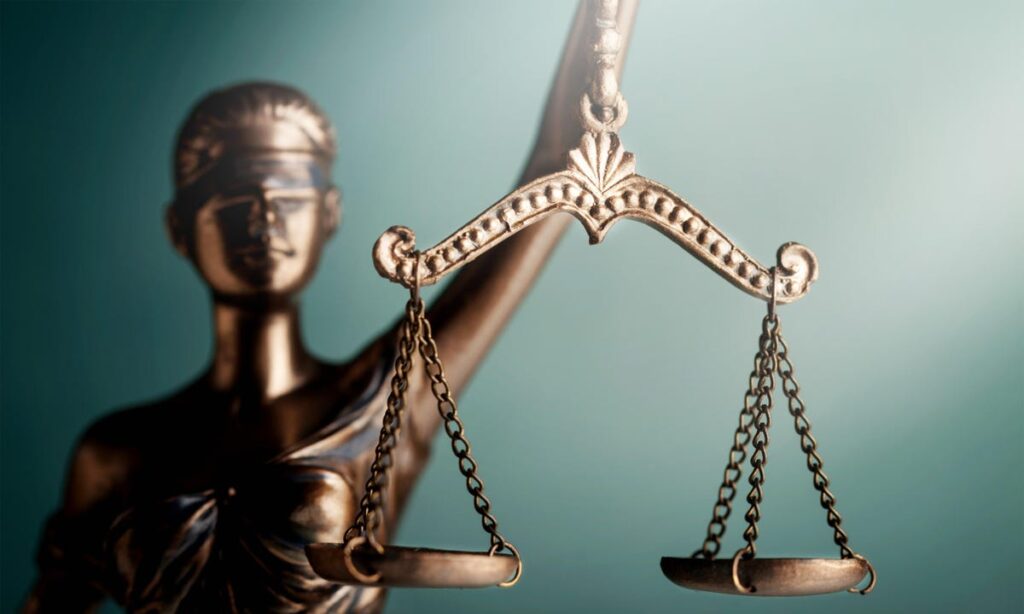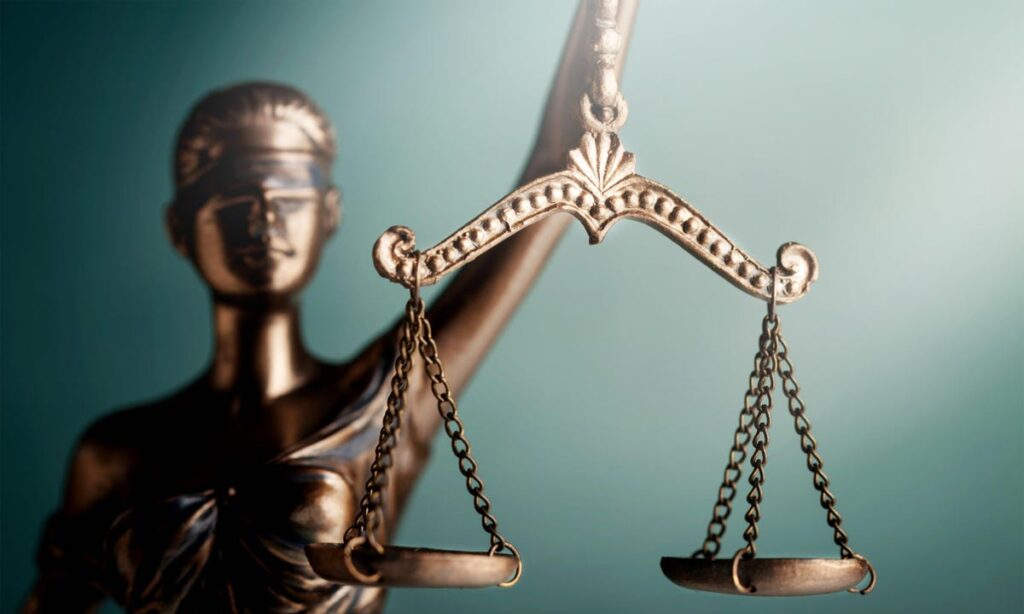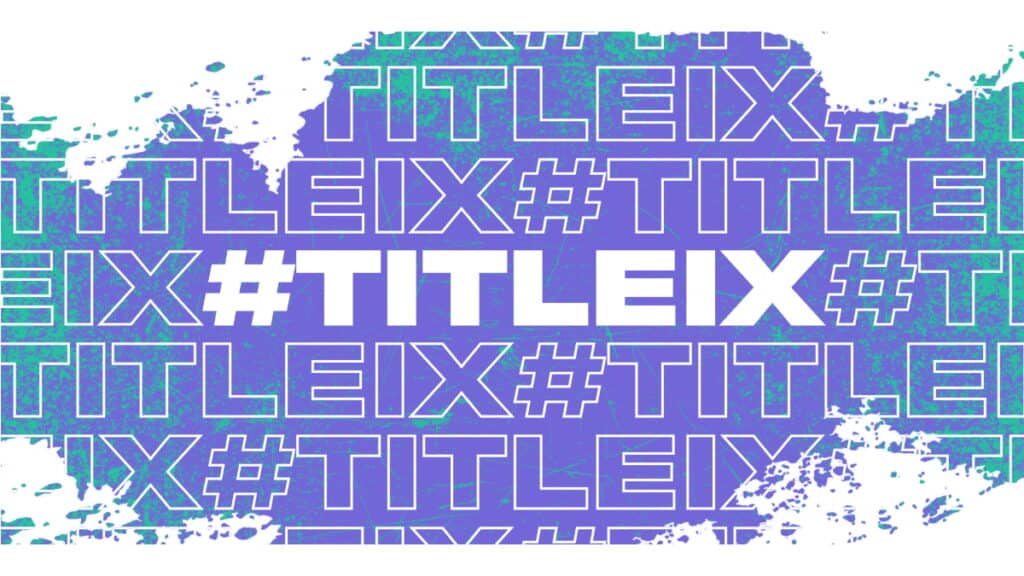Being accused of sexual misconduct in an educational environment in Maine can have serious ramifications for your future.
As such, any accusation must be treated seriously. Even if you are sure that you did nothing wrong, the school or college is duty-bound to investigate and the reputational damage alone can be significant.
Any Title IX complaint will trigger the school or college’s disciplinary process, which may find you responsible for something you didn’t do — sometimes as a result of in-built bias against anyone accused of sexual misconduct. Suspension or even expulsion and a permanent blot on your record can harm your future educational and career prospects.
But, in America, we are innocent until proven guilty — and many people are wrongly accused of misconduct and crimes.
So, what exactly can you do about it? It helps to know what happens with a Title IX complaint, how to increase your chances of a favorable outcome, and what your legal options are if the school’s disciplinary process rules against you.
Call 207-571-8146 or contact us online to schedule a consult with one of our highly skilled criminal defense attorneys today.
Table of Contents
Start of the Title IX disciplinary process
The vast majority of schools in Maine receive federal funding and must, therefore, comply with Title IX of the federal Civil Rights Act. This prohibits college or university discrimination based on gender. Those schools that do not comply with Title IX can lose grants, federal funding, approval of federal student loans, etc.
Usually, when there is an accusation of sexual misconduct against a student in a federally funded school, college or university, the alleged victim files a complaint with the school and triggers the Title IX disciplinary process.
This is a set of procedures that the school needs to follow when a complaint is made, to comply with Title IX. A criminal case could be initiated, but only if the police are informed, and the local District Attorney agrees that there is probable cause exists to support the belief that a crime such as sexual assault has been committed.
The majority of complainants are female and the majority of those accused are male but this is not always the case. Regardless, Title IX requires fairness for both sides when a complaint is made.
As a first step, many colleges appoint an investigator to make a preliminary assessment of events. He or she will conduct a formal investigation to assess if the alleged sexual misconduct was consensual. This may involve interviews and statements from both sides and meetings with witnesses.
Your first step as the accused should be to check whether your school’s disciplinary procedures provide you with the rights required under Title IX.
At this point, you may look to hire a Title IX defense attorney to handle your case. He or she will advise you about how to protect your rights, proceed with your defense, and document events so that you can appeal to a federal court at a later date if necessary.
If the preliminary investigation decides that the claim of sexual misconduct has validity, an investigation report will be submitted to the school’s administrator or a tribunal.
A hearing will then be conducted before a panel and/or the Dean of the establishment. Your lawyer will examine their background(s) to ensure that there are no pre-existing biases against you.
While the burden of proof in these hearings is lower than in criminal cases (a “preponderance of the evidence” rather than “beyond a reasonable doubt”), the defendant has the right to present and review documents, provide testimony, have witnesses testify, and cross-examine the accuser and her witnesses.
The Dean of the school is usually responsible for implementing the recommendations of the panel and imposing any punishments on the accused.
Can you appeal a Title IX disciplinary decision?
Either the alleged victim or the accused can usually lodge a written appeal against the decision of the panel.
This will be heard by the President (or another senior official) of the university or college, who must provide a written statement about the outcome of the appeal.
A Title IX defense attorney can help you appeal against the panel’s findings by preparing your written appeal. If the panel finds you “not responsible” for wrongdoing under Title IX, you may still need the assistance of an attorney to respond to an appeal from the alleged victim.
Read More → Title IX False Accusations in Maine
Exploring your legal options after the final decision
Under certain circumstances, a Title IX court case may be brought against a school and its decisions after a Title IX investigation.
This is one of your options if the school panel rules against you and their findings are upheld on appeal — but only if you can demonstrate the following:
- The university/college was biased or discriminated against you because of your gender
- The bias or discrimination was intentional
- The bias or discrimination was a substantial or motivating factor for the school’s actions
The type of situations that can lead to a successful Title IX defense case are:
- If the investigator/panel failed to follow the university’s procedures to protect the accused
- If witnesses offered by the accused to support claims were not interviewed
- If witnesses presented by the accuser were not available for cross-examination during the hearing
- If a biased Title IX coordinator participated meaningfully in the investigation
- If the school’s Title IX training materials are biased
If there is evidence of public pressure to prosecute alleged perpetrators more severely
Call 207-571-8146 or contact us online to schedule a consult with one of our highly skilled criminal defense attorneys today.
Hire a Title IX defense attorney as early as possible
Generally speaking, the earlier in the case that you hire experienced Title IX legal defense, the more chance you will have of a successful outcome.
In recent years, there has been considerable pressure for schools to push through cases as quickly as possible, meaning that investigations and hearings are sometimes not as thorough as they should be. If there are doubts about (or oversights in) the disciplinary process in your case, the presence of a lawyer can ensure this is documented for a later Title IX defense court case.
While the school panel may try to suggest that the case is simple and that you are responsible, there are often shortfalls, errors, and biases in such cases that create complexity. An experienced Title IX defense attorney can help you identify them and protect your rights.
Even if no Title IX defense case is required, an attorney can help at a difficult time with guidance on how to navigate the legal steps, prepare for hearings and interviews, and present the best defense.
Your attorney may even be able to advocate and negotiate with the school’s attorneys to seek a resolution without the need for a hearing.
If you are accused of sexual misconduct or sexual assault under Title IX, contact an attorney at The Maine Criminal Defense Group for an initial consultation.
If you need assistance, contact the Maine Criminal Defense Group by calling 207-571-8146 and consult with one of our attorneys today.
Call 207-571-8146 or contact us online to schedule a consult with one of our highly skilled criminal defense attorneys today.
Blog Posts

Both prostitution and solicitation are considered sex crimes in Maine. Buying or selling sexual acts or sexual contact is illegal and has traditionally been considered a criminal offense for all[...]

A protection from abuse order (PFA) can make it illegal for an individual to contact you or your children in the state of Maine. Filing a PFA is often a[...]

In a recent child exploitation case from Boston, a Maine man was found guilty by the federal court and sentenced to 13 years in prison and five years of supervised[...]

Sexual assault crimes are among the most serious offenses a person can commit. Sexual assault crimes involving minors are even more serious; many people argue that sexual assault against minors[...]

Note: We do not do any sex registry work but we do handle all sex-related cases Sex crimes are among the most destructive, antisocial behaviors in our whole society. Everyone[...]

When most people think of “Title IX” they tend to focus on the role on Title IX in preventing sexual or gender-based discrimination on college and university campuses. Title IX[...]

When people refer to “Title IX,” they are referring to the provisions of Title IX within the Education Amendments of 1972 (20 U.S.C. §§ 1681 et seq.). The purpose of[...]

All crime is a serious matter, but not all crimes come with the same level of severity. Few people would try to argue that a simple act of vandalism –[...]

Sexual assault cases in Maine may proceed as criminal or civil cases depending on the circumstances. In many criminal and civil cases, a statute of limitations applies. These are time[...]

In the past, we have tried to discuss statutory rape and statutory sexual assault crimes from various angles. One of our primary angles has been simply to outline the formal[...]


